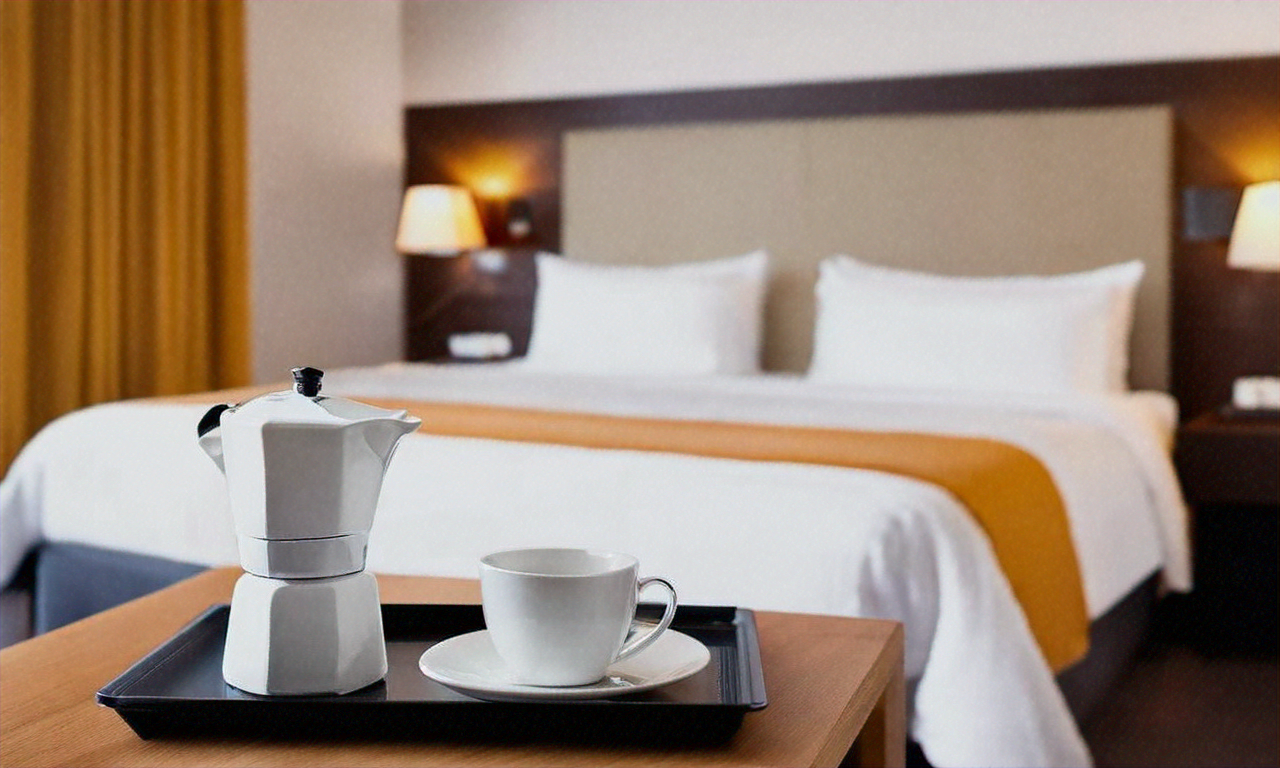Harnessing the Potential of Eustress for Optimal Health
Stress: a word we often associate with negative situations and health issues. But did you know that not all stress is bad? Let's dive into the world of eustress - the 'good stress' - and explore its potential for enhancing our health and wellness. Stress is a normal physiological response to perceived threats or challenges. Traditionally, it's been viewed in a negative light because of its association with 'distress,' the harmful type of stress that can lead to anxiety, depression, and numerous physical health problems. However, there's another side to the stress story: eustress.

Eustress, derived from the Greek prefix ‘eu-‘ meaning ‘good,’ is a positive form of stress that can boost our performance, focus, and overall well-being. Unlike distress, which is often chronic and linked to negative life events or situations, eustress is typically short-lived and arises from positive or exciting situations.
The Science Behind Eustress
When we experience eustress, our bodies release chemicals like endorphins and dopamine, providing us with a natural ‘high’ or feeling of satisfaction. This stress response is designed to help us overcome challenges and achieve our goals. It’s the adrenaline rush we get before a big presentation, the excitement of a first date, or the sense of accomplishment after a solid workout.
Research has shown that eustress can increase our alertness, boost our cognitive performance, and enhance our learning and memory capabilities. It can also strengthen our immune system, protect against certain diseases, and even promote longevity.
Eustress in Practice: The Benefits and Challenges
Integrating eustress into our lives can have a profound impact on our health and wellness. By seeking out positive challenges and learning to perceive stress in a more constructive light, we can harness the power of eustress to boost our physical and mental health.
However, it’s important to remember that balance is key. While eustress can be beneficial, too much of it can tip over into distress, leading to burnout and health problems. It’s crucial to listen to our bodies, take time to rest and recover, and ensure we’re not pushing ourselves beyond our limits.
Practical Insights into Eustress
- Regular physical activity is a great way to induce eustress. The ‘runner’s high’ experienced after intense exercise is a classic example of eustress in action.
- Setting and achieving personal goals can also generate eustress. This could be anything from learning a new skill to completing a challenging project.
- Engaging in exciting activities that push us out of our comfort zone can trigger eustress. This could include traveling to a new place, trying a new food, or taking up a new hobby.
Conclusion
Eustress reminds us that not all stress is bad. By embracing the positive aspects of stress and learning to manage it effectively, we can enhance our resilience, boost our performance, and improve our overall health and well-being. It’s all about finding the right balance and turning life’s challenges into opportunities for growth.



